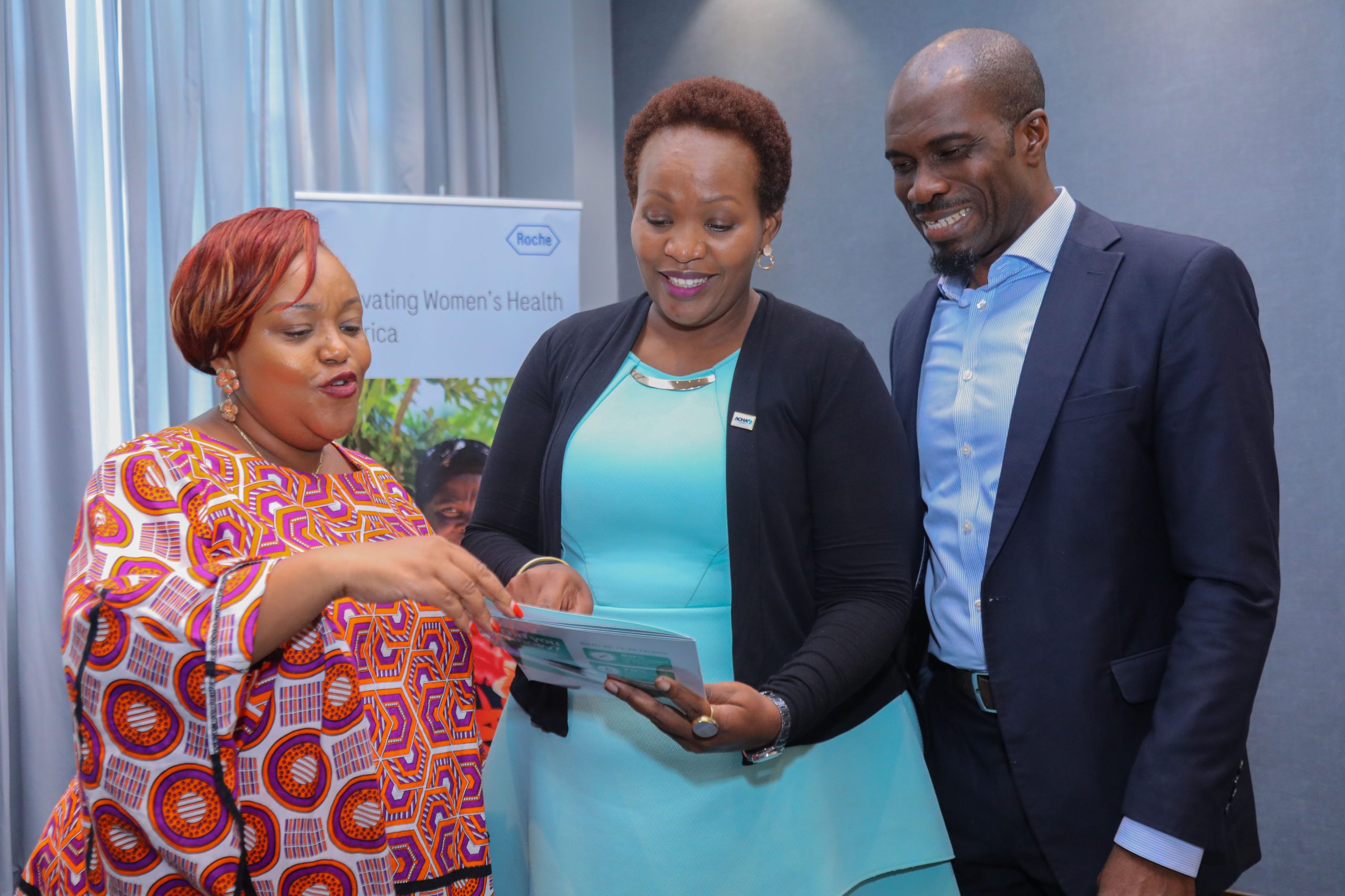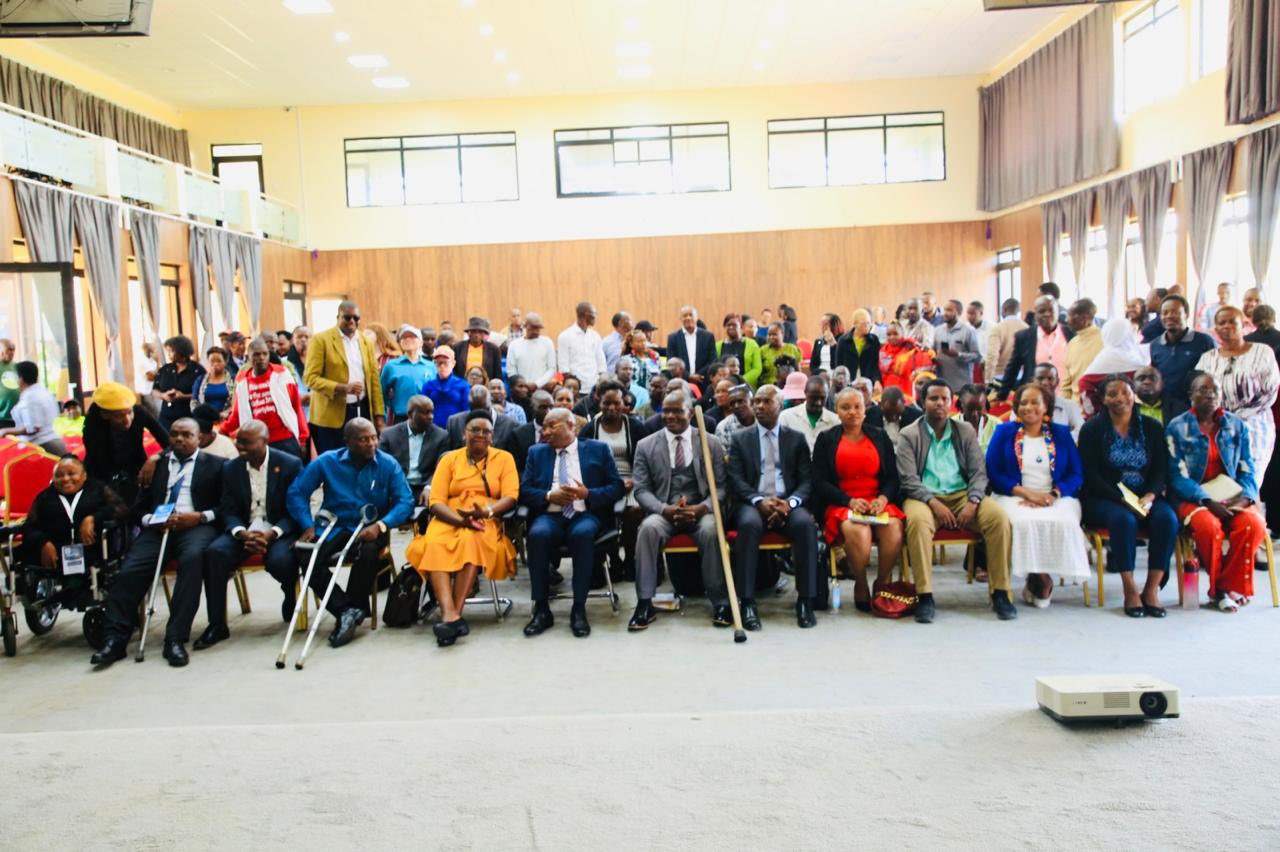By Eddah Waithaka
The Anti-Female Genital Mutilation (FGM) Board, a semi-autonomous government agency under the Ministry of Gender, Culture, the Arts, and Heritage, is preparing to commemorate the International Day of Zero Tolerance for FGM on February 6, 2025.
The United Nations General Assembly officially recognized this day in 2012, and it is observed annually to reiterate the global commitment to eliminating the harmful practice of FGM, which continues to impact millions of women and girls worldwide. In anticipation of the commemoration, the Anti-FGM Board hosted a media breakfast meeting to accelerate its efforts in building a movement against FGM.
The event created a platform for media representatives, advocacy groups, and partners to network, share insights, and strengthen their collaborations. The meeting emphasized how the media can raise awareness and drive public engagement in the fight against FGM.
Anne Wang’ombe, the Principal Secretary for the State Department for Gender and Affirmative Action, attended and acknowledged Kenya’s progress in addressing FGM through legislative measures like the Prohibition of Female Genital Mutilation Act of 2011.
She emphasized the government’s strong commitment to ending FGM and highlighted the need for renewed efforts, particularly in regions where the practice remains common.
“We have made progress, but some areas still face high rates of FGM due to cultural practices and cross-border challenges. We must double our efforts and accelerate action. I urge all sectors of society to unite in the fight against FGM, with the 2025 theme being ‘Stepping up the pace: Strengthening alliances and building movements to end FGM,’” she stated.
Mrs. Ipato Surum, Chairperson of the Anti-FGM Board, stated that FGM is not just a cultural practice; it is a human rights violation and a form of gender-based violence that significantly hinders women and girls from fully participating in society. She emphasized that the scars left by FGM extend beyond the physical, impacting the emotional and psychological well-being of survivors and often shaping their entire life trajectory.
“FGM is a grave violation of human rights, and we must ensure that survivors receive the necessary care and support for their healing,” she asserted.
Mrs. Bernadette Loloju, the CEO of the Anti-FGM Board, highlighted the alarming statistic that 4.4 million women and girls face the risk of FGM globally. This stark figure underscores the urgent need for a multisectoral approach to combat the practice.
She stressed the importance of utilizing existing community networks, particularly women’s groups (chamas), to facilitate discussions about FGM and enhance economic empowerment, thereby addressing the economic pressures that often perpetuate the practice.
Read More On: https://africawatchnews.co.ke/women-stand-strong-for-judiciary-integrity/
“We must actively engage women’s groups in the fight against FGM. These groups hold significant influence within their communities, and when we combine their efforts with economic empowerment initiatives, they can play a crucial role in eliminating FGM,” she explained.
The Anti-FGM Board, in collaboration with the Meru County Anti-FGM Steering Committee and various partners, will lead the national observance at Maili Tatu Stadium in Igembe Central Sub-County, Meru County. This year’s theme, “Stepping up the Pace: Building Movements and Strengthening Alliances to End FGM,” emphasizes the importance of collective action in eradicating this harmful practice.
The goal is to drive societal transformation, challenge harmful gender norms, and promote gender equality by mobilizing communities, leaders, and stakeholders against FGM.
The Board actively coordinates public awareness programs, provides educational resources, and advocates for enforcing the Prohibition of Female Genital Mutilation Act of 2011, with continued support from local and international partners.
As the country prepares for the observance on February 6, observers recognize that the collective action being developed is vital for achieving lasting change. By strengthening alliances across various sectors and mobilizing a critical mass of committed individuals and organizations, we can transform attitudes and ensure an end to FGM once and for all.
Read more stories at:https://africawatchnews.co.ke/







